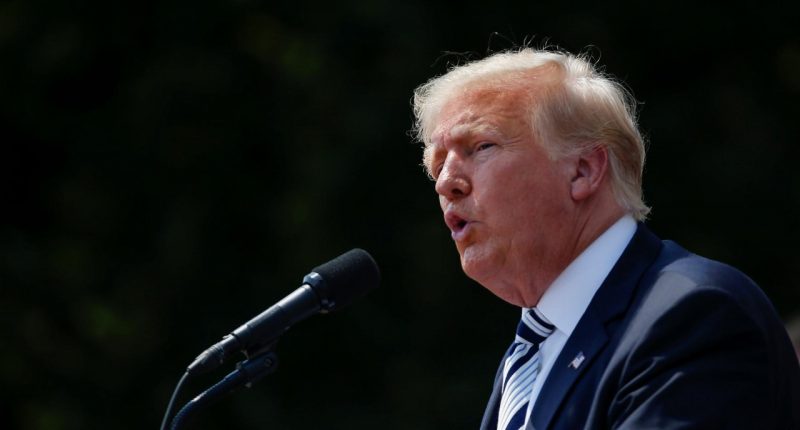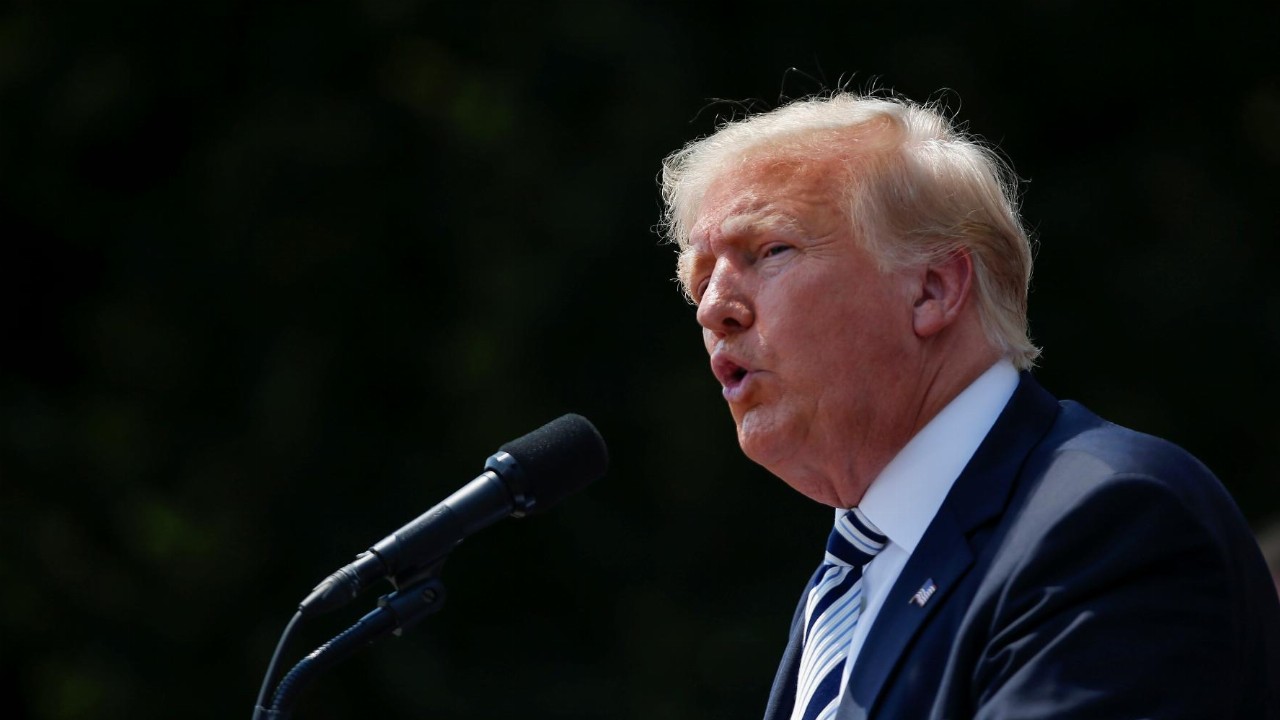- Former US President Donald Trump filed lawsuits on Wednesday against Twitter, Facebook and Google, as well as their chief executives
- The lawsuits argue that the social media platforms violated the right to freedom of speech
- Trump is reportedly seeking class action status for the lawsuits, meaning they would also represent the interests of other users
- The former president was banned from the platforms earlier this year for posting content that violated their policies against glorifying violence
Former US President Donald Trump filed lawsuits on Wednesday against Twitter, Facebook and Google, as well as their chief executives, arguing they had unlawfully silenced conservative viewpoints.
Filed in the US District Court of Miami, the lawsuits allege the California-based social media giants violated the right to freedom of speech that’s enshrined in the First Amendment of the US Constitution.
Trump is reportedly seeking class action status for the lawsuits, meaning they would also represent the interests of other Twitter, Facebook and Google users who say they have been unfairly quieted.
“We will achieve a historic victory for American freedom and at the same time, freedom of speech,” Trump said at a news conference at his golf course in Bedminster, New Jersey.
He was stripped of his social media megaphones earlier this year for posting content that the platforms said violated their policies against glorifying violence.
The ban came after Trump’s supporters launched a deadly assault on the US Capitol on January 6, which was fuelled by a speech by the former president in which he repeated false claims that his election defeat was the result of widespread fraud. Those assertions have been fiercely rejected by multiple courts, state election officials and members of Trump’s own administration.
The lawsuits seek the invalidation of Section 230 of the Communications Decency Act, a law that provides websites protection from liability over content posted by its users. Trump argues the law has given big internet firms too much legal protection and allowed them to escape responsibility for their actions.
“This complaint is hard to even make sense of,” said Paul Gowder, a professor of law at Northwestern University in Illinois.
Trump has sought to portray the social media companies as subject to the same First Amendment requirements as government entities, but Gowder said nothing in the lawsuits “even comes close to turning social media companies into government actors”.








